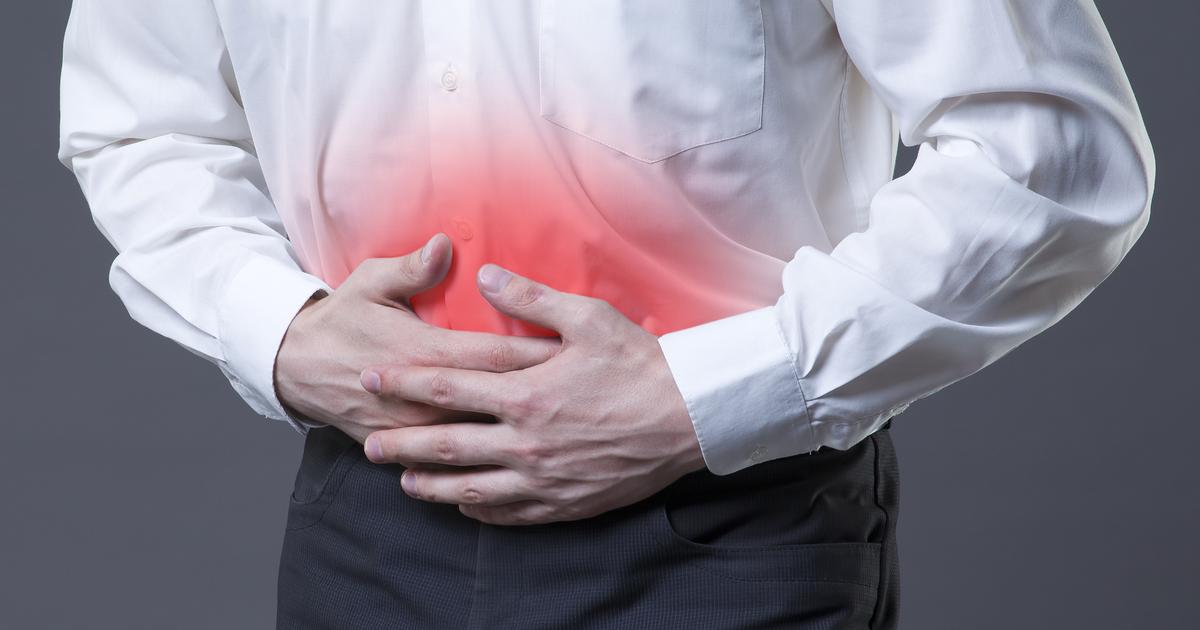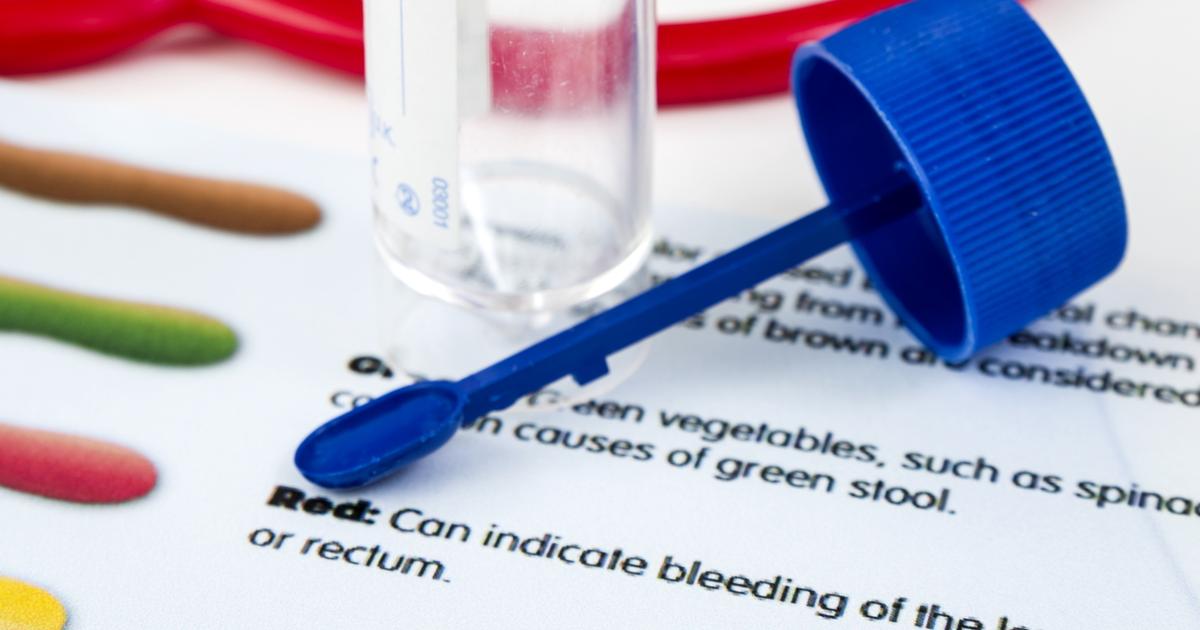Warning Signs Of Food Poisoning
Food poisoning occurs when individuals eat contaminated food. Certain foods may be host to infectious organisms, including bacteria, parasites, and viruses. In other cases, the food may no longer be host to the original organism, though it may still contain toxic substances from it. Food can become contaminated at any point throughout the production and processing timeline. When the food is handled or cooked incorrectly in the home, individuals may contract food poisoning. The symptoms of food poisoning often appear within a few hours after consuming the contaminated product.
In many cases, time is the only way to cure food poisoning. Of course, patients can use food poisoning treatments to help improve their symptoms. One major treatment is to replace lost fluids. Most individuals will use electrolyte drinks or electrolyte powder. A bland diet is also helpful for individuals who are recovering from food poisoning. However, patients must recognize their symptoms first.
Nausea And Vomiting

Food poisoning symptoms vary depending on what toxin or organism an individual ingested. Different substances affect the body in varying ways. Some of the substances are more dangerous than others. However, the classic signs of food poisoning are quite similar to flu symptoms. This may be because both the flu and food poisoning are the result of foreign organisms invading the body. Not all patients with food poisoning will vomit or even deal with nausea. However, nausea and vomiting are two of the most iconic symptoms.
Nausea occurs when the individual's digestive system sends signals to their brain indicating that something is wrong. Individuals will feel like their stomach is upset. Vomiting is their body's way of getting rid of the toxin. Food poisoning can cause significant vomiting. In addition, individuals may dry heave once they have run out of food or liquid to throw up. Repeated episodes of vomiting can become very painful and can be taxing on the muscles.
Weakness

Another potential symptom of food poisoning is weakness throughout the body. Patients may also feel concentrated weakness in certain areas. This demonstrates that specific muscle groups are being targeted. A general feeling of weakness is not typically a cause for concern, provided more concrete neurological symptoms do not accompany it. Feeling weak and tired is common when an individual is fighting off an illness.
However, specific muscle weakness is neurological. Individuals experiencing neurological symptoms of food poisoning must get emergency medical attention. Their food may have been contaminated by an organism that is now infecting their brain or causing pressure to accumulate in the brain. General weakness happens during food poisoning because the body releases cytokines, which act as chemical messengers to help fight the infection. Individuals may also become tired if they lose their appetite and do not eat during the illness.
Abdominal Pain

Food poisoning will often present with abdominal pain and cramping, which might occur alongside nausea and vomiting. However, abdominal pain is different from nausea. Nausea feels like it exists inside the digestive tract. By comparison, abdominal pain can occur in any area around the body's trunk. It might be difficult to pinpoint the specific source of the pain. Affected individuals may feel as if they have pain radiating from their muscles. Alternatively, it may feel like the source is more internal.
Certain invading organisms are capable of making toxins inside the body. These toxins cause the lining of the intestines and stomach to become irritated. As the irritation increases, the chances of experiencing painful inflammation increase as well. Stomach or digestive tract inflammation can lead to pain and soreness that are different from nausea and unwellness. Cramping may also occur, since the muscles in the abdomen contract to move the contaminated matter through the body as fast as possible.
Fever

A measurable fever is not necessary to diagnose food poisoning. However, most organisms that cause food poisoning will also trigger a fever. This reaction may be mild enough that it is barely noticeable. In more serious cases, an individual's temperature may rise by a few degrees. Fevers occur when an individual's core body temperature becomes higher than normal.
Pyrogens are substances that produce a fever. One of the immune system's many responses is to release a flood of pyrogens into the bloodstream when it detects that an individual's body is fighting off an illness. The presence of pyrogens causes a rise in core body temperature. As soon as this temperature rises, the overall activity level of white blood cells significantly increases. This means that they are more actively capable of fighting the infection.
Diarrhea

Diarrhea, which is watery and loose stool, is one of the most unpleasant food poisoning symptoms. Unfortunately, it is also one of the most common. Individuals must have at least three bouts of loose stool within twenty-four hours for it to be considered diarrhea. Not every individual with food poisoning has diarrhea, though it is one of the classic signs. The contaminant can trigger an inflammatory response from the immune system when it enters the individual's body.
As inflammation increases, an individual's bowel becomes less effective at reabsorbing digestive fluids and water. Ordinarily, the bowel secretes these liquids during the digestive process and will absorb them once digestion is complete. However, when the inflammation prevents the bowel from functioning properly, it will sometimes empty the liquids through the rectum alongside any accumulated waste.
Bloating And Gas

Depending on the specific contaminant, many individuals will deal with bloating and gas as symptoms of food poisoning. Bloating is the feeling of a swollen abdomen. Many patients claim that bloating feels like they are full. It occurs when their gastrointestinal tract is full of gas or air. Individuals with food poisoning develop bloating because of their intestines producing too much gas. This is typically the result of food poisoning causing a chemical reaction in the intestines. Many individuals report bloating and gas as symptoms when they are recovering from food poisoning as well.
Muscle Aches

Muscle aches are quite common when individuals have food poisoning. In most cases, they will have muscle aches when they have experienced significant vomiting. The muscle aches here will often be abdominal aches, since vomiting can overwork these muscles. In addition to this, many individuals have muscle aches in food poisoning due to the increased inflammation. Inflammation because of food poisoning also makes an individual’s body produce histamine. Histamine will cause increased blood flow, which often makes individuals more sensitive to pain. Ultimately, the pain sensitivity is why many individuals deal with muscle aches when they have food poisoning.
Dehydration

Dehydration is a late sign of food poisoning. It will appear after significant vomiting. Dehydration due to food poisoning often means that patients need to seek prompt medical attention. The signs of dehydration include reduced urination, dark urine, dry mouth, and dizziness. In severe cases, patients may also deal with sunken eyes. Patients who are dehydrated will also be quite thirsty. Severe dehydration will often need medical treatment. However, some food poisoning patients will benefit from drinking significant amounts of fluids. Electrolyte drinks are particularly helpful to replace lost fluids and reverse dehydration.
Blood In Stool

Severe cases of food poisoning often have blood in their stool as a symptom. This symptom is particularly common when individuals are dealing with salmonella or Escherichia coli (E. coli). Patients often report bloody diarrhea, which combines this symptom with another common indicator of food poisoning (diarrhea). If individuals deal with blood in their stool, it is vital for individuals to seek immediate medical attention. They will need medical treatment for their food poisoning at this stage. In the case of salmonella, they can likely experience relief with antibiotics and hospitalization. Unfortunately, antibiotics are often not appropriate for Escherichia coli, and they may need other treatments from doctors.
Symptom Onset

Symptom onset for food poisoning varies based on the specific contaminant an individual ingested. Staphylococcus aureus, for instance, often has symptoms appear thirty minutes to six hours after ingestion. Salmonella, however, takes longer. This bacteria can cause symptoms to appear six hours to six days after ingestion. Norovirus, another common trigger for food poisoning, takes twelve to twenty-four hours for symptoms to appear. Escherichia coli often takes approximately three to four days for the food poisoning symptoms to appear. The varied symptom onset for food poisoning makes it even more important for patients to recognize their symptoms and understand the source of their food poisoning. This will help them with their treatment, both with home remedies and medical treatments from a doctor.
